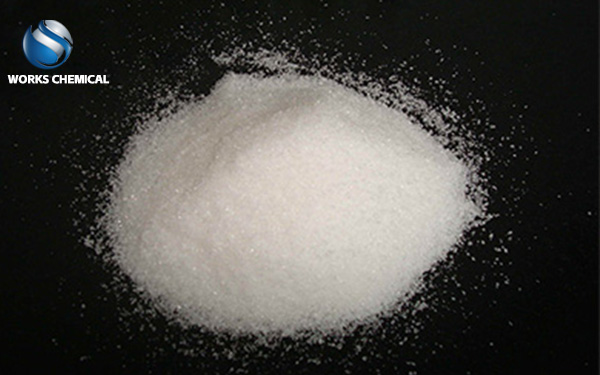
The factors affecting the sludge conditioner mainly include the following aspects:

Properties of sludge
Organic matter content: For sludge with high organic matter content, the more effective conditioner is cationic organic polymer conditioner, and the higher the organic matter content, the more suitable to choose the cationic organic polymer conditioner with higher polymerization degree. For inorganic sludge, anionic organic polymer conditioner can be considered.
Degree of dewatering difficulty: the degree of dewatering difficulty of different sludge properties is different, such as the initial sedimentation tank sludge is easier to dehydrate, and the scum and residual activated sludge are more difficult to dehydrate. This directly affects the effect of the use of conditioner, difficult to dehydrate sludge needs more conditioner.
Sludge particle size: fine sludge particles will lead to an increase in the consumption of conditioner.
Solid content of sludge: The higher the solid content of sludge, the larger the dosage of conditioner is usually.
Two. Type and dosage of conditioner
Inorganic conditioner and organic conditioner: inorganic conditioner (such as aluminum salt, iron salt) formed by fine particles but high strength, suitable for vacuum filter and plate and frame filter press; The floc formed by the organic conditioner is coarse but the strength is low and easy to break, which is suitable for centrifugal dewatering machine and belt filter press.
Dosage: The dosage of the conditioner directly affects the conditioning effect. Insufficient dosage may lead to poor conditioning effect, and excessive dosage may increase the cost and affect the dehydration effect.
Three. Temperature
The temperature of sludge directly affects the hydrolysis of inorganic salt conditioner. When the temperature is low, the hydrolysis will be slow and the conditioning effect will be worse. For the organic polymer conditioner, the temperature is too low will also affect its dilution uniformity and conditioning mixing uniformity.
Four. pH value
The pH value of the sludge determines the hydrolyzed product form of the inorganic salt conditioner. For example, the hydrolysis of aluminum salts is greatly affected by pH, and the optimal pH range for the condensation reaction is 5 - 7. However, ferric salt conditioner is less affected by pH value, and the optimal pH value range is 6 ~ 11.
Five. Preparation concentration
The concentration of the conditioner not only affects the conditioning effect, but also affects the consumption of medicine and the yield of mud cake. In general, the lower the concentration of the organic polymer conditioner, the less the drug consumption, the better the conditioning effect. But too high or too low concentration will reduce the yield of mud cake.
Six. Dosing sequence and mixed reaction conditions
When a variety of conditioners are used, the order of addition will also affect the conditioning effect.
The complete and sufficient mixing of sludge and conditioner is the key to achieve the best conditioning effect. Mixing reaction time, intensity and mixing method will affect the conditioning effect.
In summary, there are many factors affecting the sludge conditioner, which need to be comprehensively considered and optimized according to the nature of the sludge, the type and dosage of the conditioner, temperature, pH value, preparation concentration, dosing sequence and mixed reaction conditions.